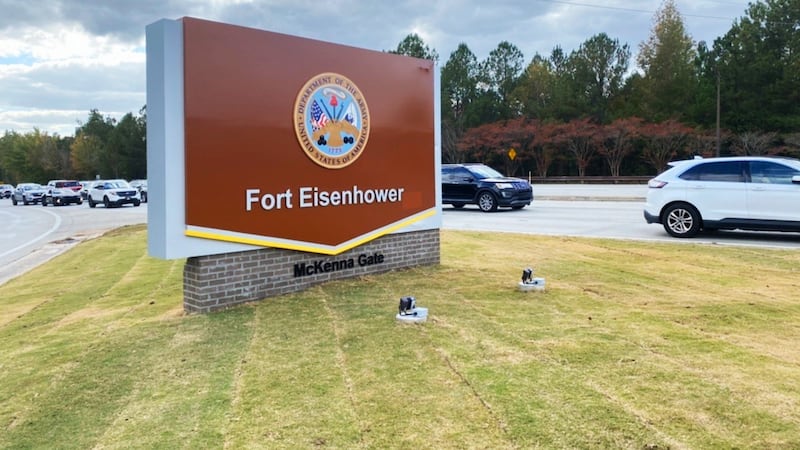New S.C. law aims to reduce utility-digging damages
COLUMBIA, S.C. - A new state law aims to reduce utility-digging damages across the Palmetto State, and hold companies able when damage happens.
David Wiman, the town of Lexington’s utility director, said this law closes an important loophole.
“It slows down the folks that are doing the installation, and allows time to locate everything and provide a safe working environment,” he said.
SC 811 monitors all utility digging in South Carolina.
Aiken County groups aim to feed kids during summer months
School’s out — and so are the meals students normally receive during the day. Some Aiken County groups are teaming up to feed kids over the summer.

Right now, as its Executive Director Misty Wise describes it, the amount of requests is overwhelming some municipalities.
“The demand for this type of thing, along with the rural fiber buildouts and things like that, that are kind of a result of what COVID has created as the needs for Internet in some of these rural areas continue to expand, and so is our locate process,” she said. “The amount of volume we’ve seen is unprecedented right now.”
Wise said the law is about knowing what is happening, both good and bad.
“It’s giving a cleaner process around how that work is happening,” she said. “Right now, they’re coming in like paratroopers and just hitting the ground and they are everywhere. You see them coming through new developments. Fiber is going in with multiple providers at the same time.”
MORE FROM NEWS 12
South Carolina: Latest from the State House

- S.C. Supreme Court hears challenge to law banning online eye exams
- S.C., other states sign $7.8B settlement in ongoing opioid crisis
- S.C. agencies to prepare for hurricane season with evacuation exercise
- South Carolina state representative to explore run for governor
- McMaster again vetoes dismissal of now-obsolete gun charges
The new law, according to SC 811, seeks to reduce damage and make it safer for everyone.
For context, data from SC 811 shows that there were an average of 603 reported utility digging damages across the state each month last year.
Wise said there is likely even more damage that goes unreported.
“Besides the fiber companies, you’ve got everybody who is calling, including the customer who is putting in a mailbox,” Wiman said. “We have limited people to go out and locate everything that’s going on, roadwork.”
In the last year, WIS reported on several utility-related issues in the Midlands.
Last September, Lumos, a fiber-optic company, contributed to damage in the Murraywood subdivision in Lexington while installing cable.
Annette Briggs could not get into her driveway for nearly a week as a result.
In January, Ripple Fiber was hit with a temporary stop work order in the town of Lexington after damaging three gas lines.
The law allows for more visibility of large-scale projects like these.
“This structure will give more time for those tickets,” Wise said. “We see that they’re coming well in advance of when boots hit the ground, and that’s really the crux of what I think a lot of utilities are suffering with right now.”
Currently, the company or entity doing the digging must only provide a three-day notice before starting the work, which cause lead to confusion, like lines being marked incorrectly.
Under the new law, there must be at least a 30-day notice for large projects.
Fines for damage are increased too.
The fines go from a flat $1,000 to between $5,000 and $25,000 per violation.
Briggs said this is vital.
“It is absolutely appropriate because money hurts,” she said. “When people get fined, that’s when they feel it. They feel it when their company gets fined, when the employees might get in trouble for doing things that they are not doing as a protocol as the right structure, the right way to do things.”
The language in the state law surrounding these big projects has not been updated since the law’s inception in the 1970s.
The law will go into effect next year.
Copyright 2025 WRDW/WAGT. All rights reserved.















